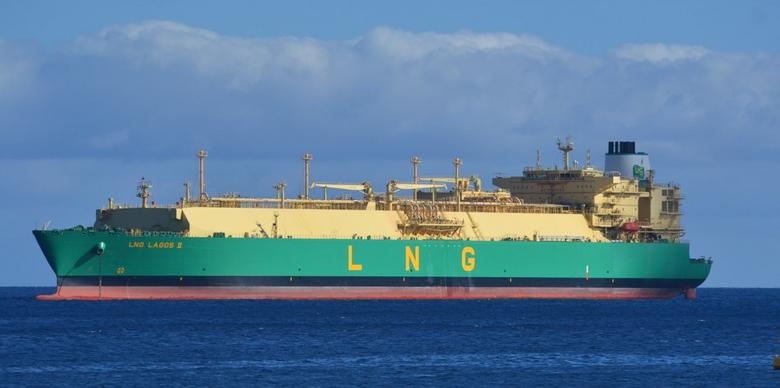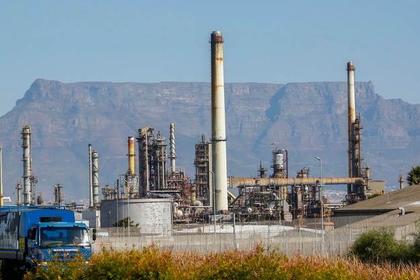
NIGERIA'S LNG WILL UP 35%

PLATTS - Nigeria's planned Train-7 project, part of its expansion at the Bonny LNG plant, has received a full investment decision, operator Nigeria LNG said Friday.
The project, expected to start up in 2024, will increase Nigeria's LNG output capacity by 35% from current levels of 22.5 million mt per year to over 30 million mt per year, NLNG said.
The expansion project will enable to produce an additional 7.6 million mt per year of which 4.2 million mt will from one new liquefaction train (Train 7), and 3.4 million mt will come from the debottlenecking of existing trains.
NLNG is a joint venture owned by four shareholders; Nigerian National Petroleum Corporation (49%), Shell (25.6%), Total (15%), and Eni (10.4%).
Nigeria has been seeking to expand export markets for its more than 200 Tcf of proven gas reserves in a bid to cut reliance on oil revenue already hit by a drop in global prices.
The expansion will help Nigeria become one of the world's most important LNG gas hubs and help it leverage its abundant associated gas resources.
"Train 7 is the crux of a growth agenda which will ensure the company's position as the fifth major supplier of global LNG is maintained, increasing value to its Shareholders and other stakeholders, as well as further reducing the gas that would otherwise have been flared...," NLNG managing director Tony Attah said.
NNPC group managing director Mele Kyari also said that partners are hoping to further expand the plant to 12 trains in the next few years.
"We have decided to proceed with Train 7 project today... It is a show of confidence that investors can put money into this project," he said. "This is a gateway to more investment in Nigeria. We will take steps to get to Train 12. There is an opportunity to do this."
GAS FOCUS FOR NIGERIA
Africa's largest oil producer has ambitious to increase its gas production, but it has struggled to fully utilize the resource, due to an overemphasis on oil but also due to a lack of gas infrastructure.
The key piece in the jigsaw is Train-7, a gas liquefaction plant that is expected to be almost double the capacity of the plants currently installed.
Train 7 will cost about $6.5 billion to build, with another $5 billion to be spent on wells and pipelines needed to supply the plant. NLNG said previously it was seeking $7 billion.
Nigeria LNG exports around 300 cargoes of liquefied natural gas annually from the Bonny plant, representing about 40% of global LNG supplies.
NLNG's 6-train LNG facility, which has been in operation since 1999, has delivered over 4,700 LNG cargoes around the world.
IEA ON NIGERIA'S GAS
In its recent African Energy Outlook, the International Energy Agency estimated that Nigeria has 15 trillion cubic metres (Tcm) of natural gas resources, which is more than any other African country except for Algeria.
The IEA, however, said the current outlook for Nigeria's gas industry is far from bright. It said one of the key issues is uncertainty over the fiscal conditions, exemplified by nearly two decades of uncertainty around the key provisions of the Petroleum Industry Governance Bill, which still hasn't been passed by the government.
Gas flaring from oil developments is also a huge concern and upstream activity is far below a level commensurate with the country's resource base.
Gas accounts for around 10% of total primary energy demand today in Nigeria, mostly for power generation and own use in the oil and gas industry. This is expected to grow sharply in the coming years, according to the IEA.
-----
Earlier:













